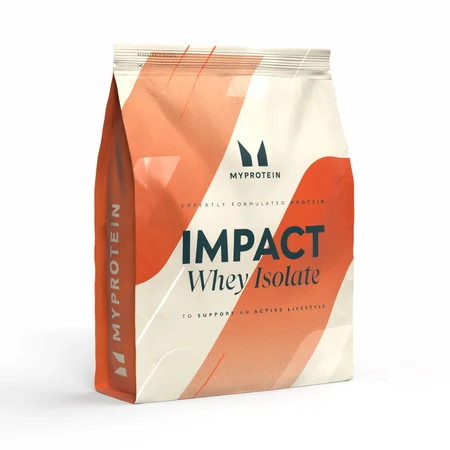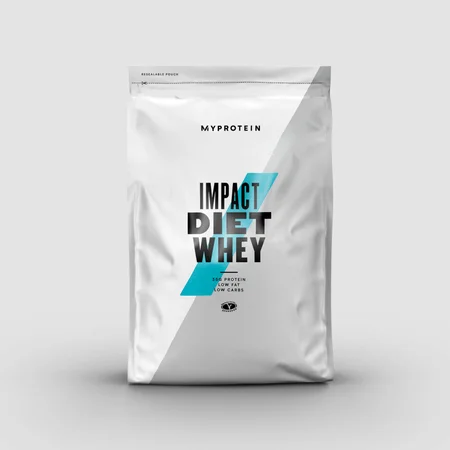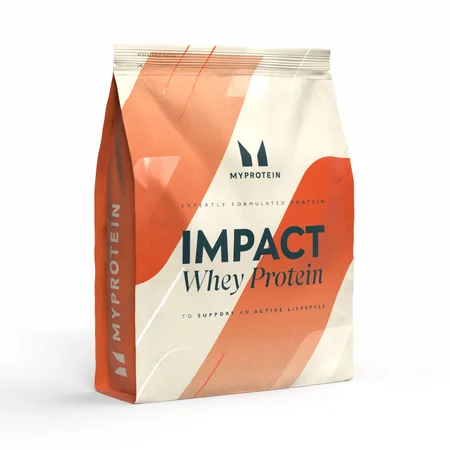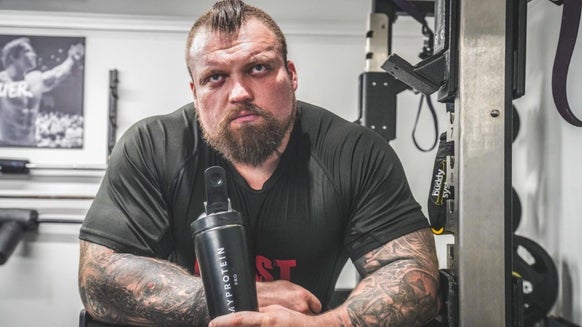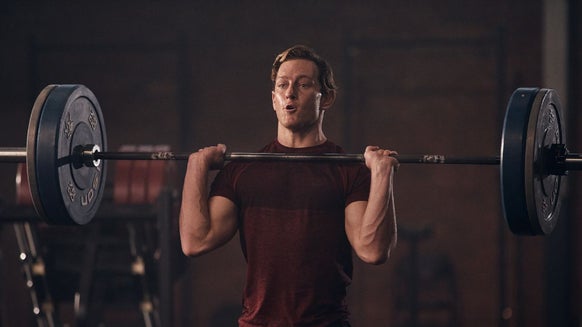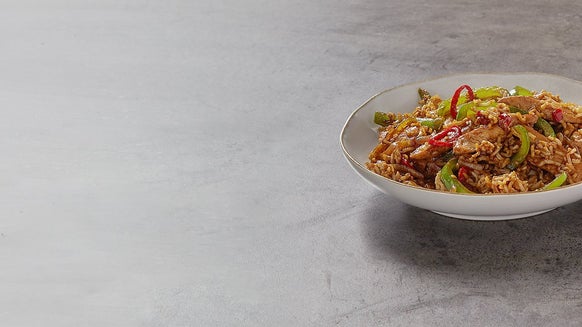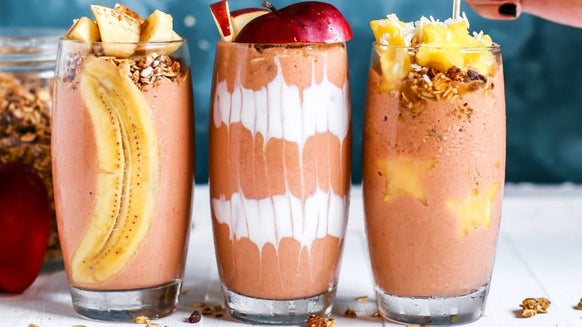When Should You Drink Protein Shakes For Weight Loss?

It's a tempting premise: protein shakes and blends that can help decrease body fat and push you to finally achieve that weight-loss goal. But can protein shakes actually help you to lose weight?
What Are Protein Shakes?
Simply put, protein shakes are designed and manufactured to be a simple and fast supplement for those who need a convenient way to supplement their diet with more protein, or simply those that may struggle to consume enough calories throughout their day.
This could be due to lack of hunger or simply lack of time to cook or grab a meal. A protein shake can be consumed in a matter of minutes. Real and whole food options are always a better option for anyone looking for a more complete nutritional profile and it's not recommended that regular meals are substituted with a protein shake or supplement product.

Losing Weight With Protein Shakes
So how would consuming protein shakes actually benefit someone who is trying to lose weight?
As you know, a protein shake will help to replace a meal or simply be another way to add calories and protein to your diet. Since protein shakes are so easy to make and as a drinkable meal, this means that a protein shake will help someone not only get anywhere from 15-30 g of protein, depending on the protein supplement, but it will also allow that person to remain full for a long period of time.
The reason why a protein shake will make you feel full after consuming one is due to the fact that protein is known to be more satiating than carbohydrates and fat, and also that it is comprised of pure liquid. Liquid meals or substances will enter into the stomach a little bit faster compared to food and be faster in digestion, but they also take up more volume in the stomach which is why we often feel so bloated after we drink a decent amount of any liquid in general.
Ghrelin and Hunger
When we consume a protein shake, usually a whey protein product made from dairy-based ingredients, the body will actually begin to lower the blood levels of the hormone ghrelin. Ghrelin is the hormone in the body that is responsible for helping regulate or control food consumption or hunger. When we have a higher amount of ghrelin in the body, we feel hungrier.
When ghrelin levels are decreased, our body will begin to feel more full and satisfied, reducing our feeling of hunger. A higher protein diet also helps increase other hormones, such as GIP and GLP-1, or the satiety hormones, which is another reason why we feel so much more satisfied and less hungry after consuming protein shakes.
Higher protein levels in the body also lead to an increased level of thermic activity from the food consumed. This means that our body will require more energy to digest food, which means more calories are burned naturally and fewer calories will remain stored in the body as glycogen and fat.
Higher protein levels will also help increase gluconeogenesis in the body which results in an improvement in glucose homeostasis, which results in the body maintaining normal blood glucose levels.
When Should You Drink a Shake for Weight Loss?
There is no set time when you should drink a protein shake to help weight loss.
One of the biggest obstacles to weight loss is feeling hungry. Feeling hungry can lead to unhealthy snacking, which usually prioritises convenience over nutritional value. In this case, the best thing to do is use a low fat and low sugar protein shake to suppress your hunger, keep you satiated and stop you from turning to unhealthy options to satisfy your hunger.
If you use a protein shake to bridge the gap between breakfast and lunch or lunch and dinner to prevent unhealthy snacking then this will help you control what you eat and, ultimately, help with weight loss. This can help to control binge eating, which is one of the main causes of fat gain.
It is also a good idea to consume a protein shake post-workout to begin your recovery process and satisfy your hunger. When you've worked out with the aim of losing weight, all your hard work will count for nothing if you consume high calorie, unhealthy options when you leave the gym. A protein shake will fill you up and prevent this.

Which Protein Shakes Help Weight Loss?
Impact Whey Isolate
This protein powder has a 90% protein content, and each serving contains 0g of fat and less than 1g of carbs. This is the perfect protein shake for anyone looking to develop a lean physique.
THE Whey
This premium whey protein contains 25g of protein per serving to help you feel full, and contains only 2g of carbs and less than 1g of fat.
Looking to cut down on calories? THE Whey tastes great even with water, so you can enjoy this fast-absorbing blend straight out of the gym.
THE Whey has been designed to support your training goals and help you to build a toned body.
Take Home Message
Protein shakes aren’t just beneficial for athletes. They can be a great, low-calorie drink that satisfies hunger and prevents unhealthy snacking. It's also important to note that you should not view protein shakes as a complete meal replacement, and they should be consumed as part of a healthy, balanced diet.

